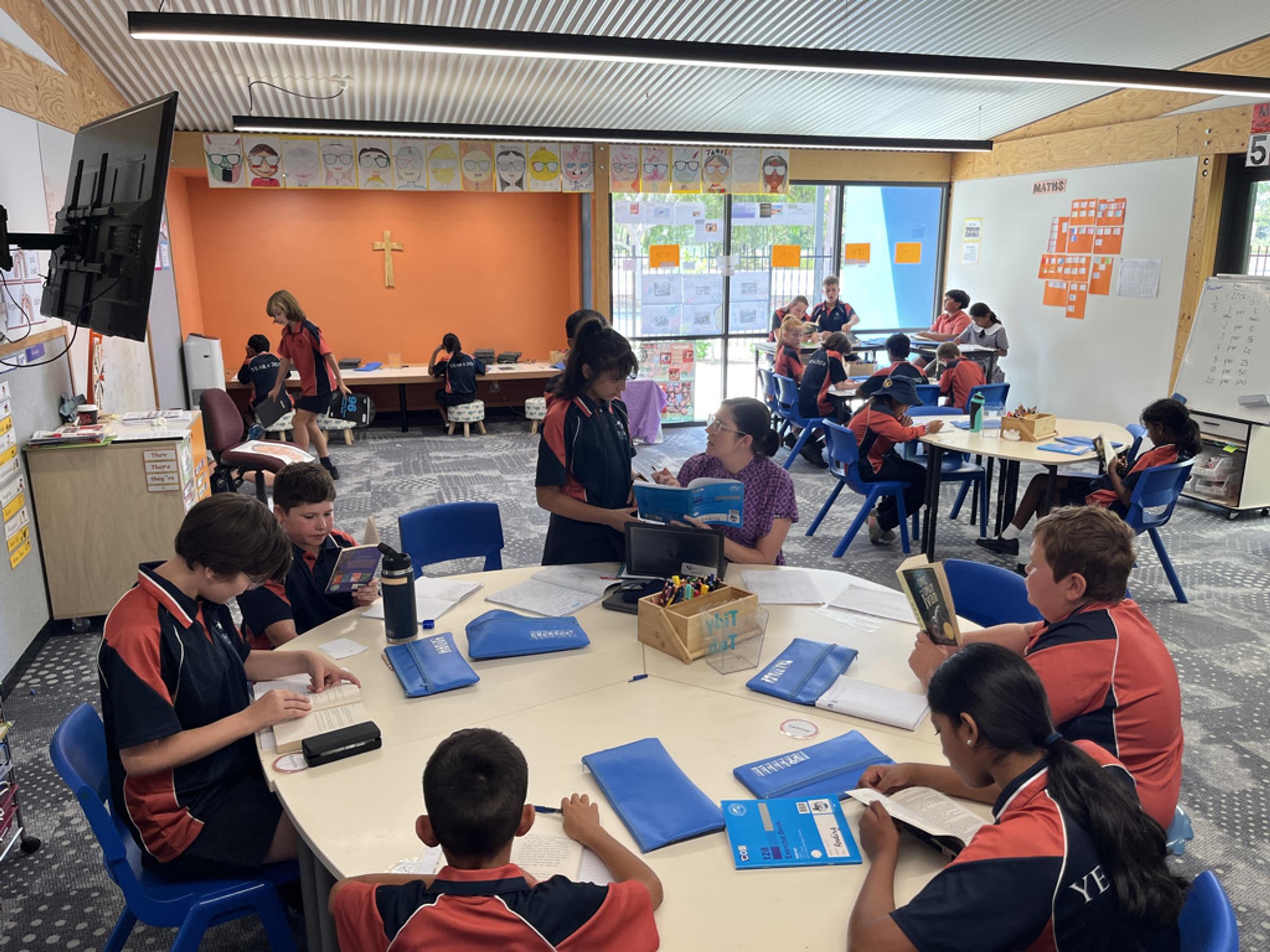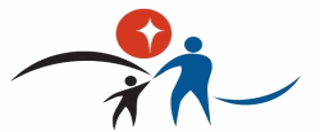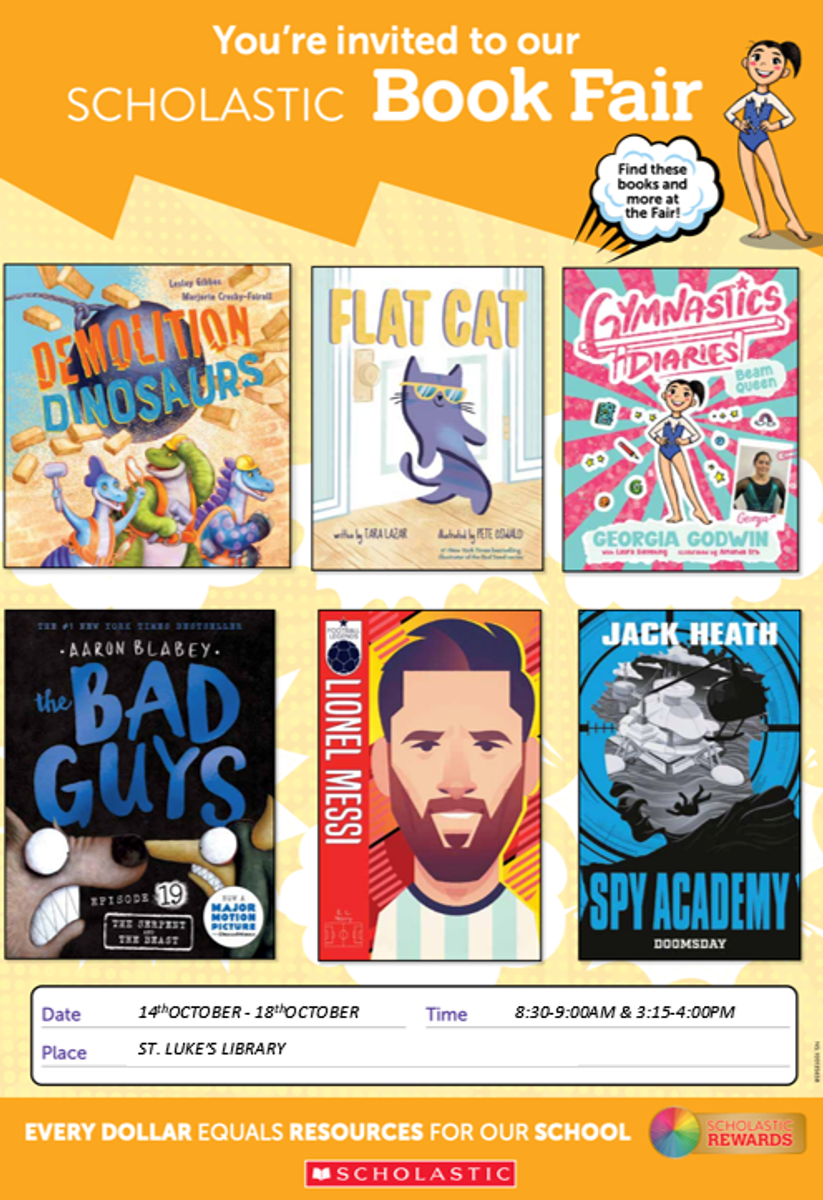Learning Enhancement

HITS #8 Feedback
Feedback informs a student and/or teacher about the student’s performance around learning goals. Its purpose is to improve the student’s learning. Feedback redirects or refocuses the actions of teacher and student so the student can align effort and activity with a clear outcome that leads to achieving a learning goal.
Both teachers and peers can provide formal or informal feedback. It can be oral or written, designed to feed-forward, or to sum up at the end of a task. Whatever its form, it should always comprise specific advice a student can use to improve their performance. John Hattie (2007) underlines feedback’s two-way benefits. Teachers learn about how their practice influences student learning, use feedback to guide their practice, then they can amplify their impact on student learning. How effective is it? Research shows appropriate feedback has very high effects on learning. Its effectiveness is evident for students and teachers (Education Endowment Foundation, 2015). Studies with the highest effect sizes involved students receiving feedback about a task and how to do it more effectively.
There is evidence that feedback is more effective if it focuses on the task, not the person, and that feedback on familiar tasks has more impact (Kluger & DeNisi, 1996). Positive feedback is powerful when it is specific, accurate and clear. Signature characteristics of positive feedback are that it:
• provides detail, such as ‘You achieved a good outcome because you...,’ rather than just ‘correct’ or ‘incorrect’
• compares what a student is doing now with previous work, such as, ‘I can see you focused on improving X –the result is much better than when you did Y last time’
• providing specific guidance on how to improve, and not just tell students when they are wrong
• is framed to encourage and support further effort
• is given sparingly so that it is meaningful
• is supported by effective professional development for teachers.
This strategy is demonstrated when the teacher provides feedback on tasks that challenge students to review, reflect on and refine their understandings at various points in a learning sequence’ gives timely feedback, acknowledging areas well-handled and suggesting areas for improvement, structures feedback to support further learning, and when the teacher uses student assessment data as a source of feedback on the effectiveness of their teaching practice.
Feedback should not be personal, such as, ‘you are a great student’ or vague, such as, ‘good job.’
You know that feedback is having an impact when students understand what they need to do to improve, feel encouraged and supported to achieve the learning goals and use feedback to monitor and self-regulate their learning.
regards
Jen McKillop
Eloise Liddell
Jess Moodie
Library News
BOOK CLUB
Thankyou for your orders in Issue 6. Unfortunately delivery has been a little slow and some orders are still to arrive! Issue 7 catalogues will not be sent home next Term as we will be having our Book fair. You can still order from Issue 7 online.
BOOK FAIR
The Scholastic BOOK FAIR will take place from Monday 14th October to Friday 18th October The Book Fair will be held in the Library during the following times:
Monday - Friday 8:30 - 9:00am
Monday - Friday 3:15 - 4:00pm
This is a great chance to purchase some new books that will become treasured stories as well as helping to earn free books for our school library. Cash and EPTPOS facilities will be available for payment. Alternatively, if you can't make it during these times, students can bring money to school and purchase books during their class library time.
OVERDUE BOOKS
As we approach the end of Term please continue to look for overdue books. Our total has decreased to 97 overdue books. Whilst this is better, we would like to see it even lower. Please continue to look for missing library books! WELL DONE to 1/2 Bekirofski, who have 0 overdue!



